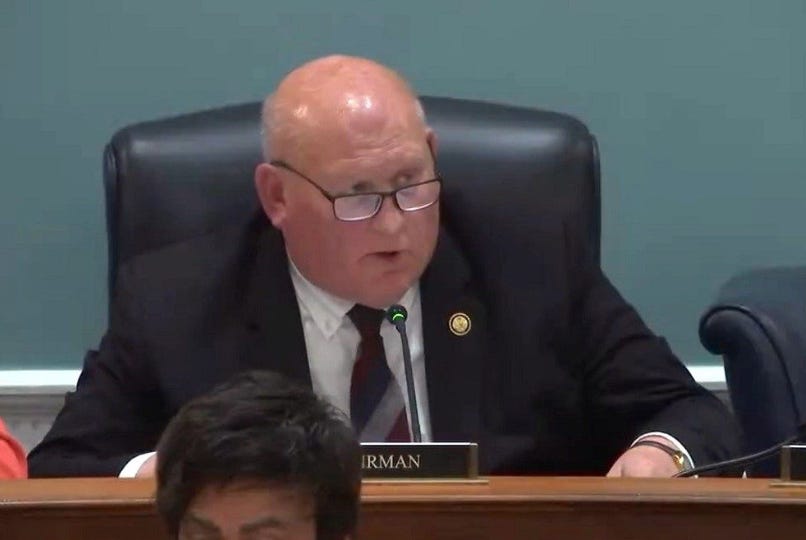Breaking News: House Republicans Advance "Unconscionable" Cut in Funding to SNAP Benefits
Stay tuned for further updates as this high-stakes debate continues on Capitol Hill

House Republicans have advanced sweeping legislation that would dramatically cut funding for the Supplemental Nutrition Assistance Program (SNAP), the nation’s largest anti-hunger initiative. This move could impact millions of low-income Americans. The House Agriculture Committee voted late last night to approve a budget proposal that would slash SNAP spending by up to $300 billion over the next decade, according to Congressional Budget Office estimates.
Key Details of the Proposal
Massive Budget Cuts: The plan would save between $290 and $300 billion over ten years, far exceeding the committee’s original $230 billion target.
State Cost-Sharing: For the first time, states must cover a portion of SNAP benefits, with their share determined by payment error rates. States with the highest error rates could be responsible for up to 25% of costs, while those with the lowest would pay 5%.
Stricter Work Requirements: The age for mandatory SNAP work requirements would rise from 54 to 64 for able-bodied adults without dependents, and waivers for work requirements would be harder to obtain.
Eligibility Tightened: The bill narrows eligibility criteria and increases documentation requirements, raising concerns that eligible recipients could lose benefits due to administrative hurdles.
Limits on Benefit Increases: The legislation would restrict the federal government’s ability to raise monthly SNAP benefits in the future by capping updates to the Thrifty Food Plan, which determines benefit levels.
Other Changes: The bill would also eliminate the ability for recipients to count internet costs as a utility expense, a provision added during the Biden administration.
Political and Social Impact
Republicans argue the changes will promote work and reduce wasteful spending, while critics, including anti-hunger advocates and Democrats, warn the cuts will drive millions deeper into poverty and overwhelm food banks already struggling with high demand. The White House and advocacy groups have condemned the proposal, calling it “unconscionable” and warning that it could increase food insecurity nationwide.
If enacted, the new cost-sharing formula and eligibility rules would not take effect until 2028, conveniently after the next midterm elections—a move some analysts say is designed to avoid immediate political fallout. The legislation now moves to the Budget Committee, which will combine it with other measures as part of a broader GOP effort to fund President Trump’s legislative priorities, including making his tax cuts permanent.
Stay tuned for further updates as this high-stakes debate continues on Capitol Hill.
Citations: Links for more Content
https://thehill.com/homenews/house/5300154-snap-reform-agriculture-bill-advances/
https://www.msnbc.com/opinion/msnbc-opinion/house-republicans-tax-bill-snap-benefits-rcna206772
https://www.newsweek.com/how-snap-benefits-will-change-gop-tax-bill-what-know-2071954
https://thehill.com/homenews/house/5297278-house-republicans-agriculture-snap/
https://www.agriculture.com/partners-house-ag-advances-budget-bill-that-cuts-snap-spending-11735528

